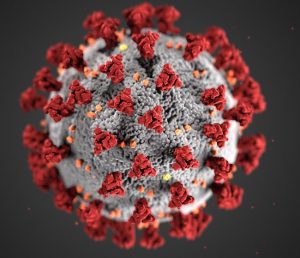The authors of a response to an article critiquing the use of the term “terminal anorexia” retracted their letter last month after receiving major backlash from researchers, healthcare providers, and people with eating disorders.
“Regardless of inequities in care, terminal anorexia nervosa exists: a response to Sharpe et. al,” which defended the use of the term, was published May 20 in the Journal of Eating Disorders.
The letter was a response to “Inaccessibility of care and inequitable conceptions of suffering: a collective response to the construction of “terminal” anorexia nervosa,” an article published earlier in the month in the same journal by researchers with lived experiences of eating disorders. The article outlined methodological problems with the criteria for diagnosis of a “terminal eating disorder” put forward in “Terminal anorexia nervosa: three cases and proposed clinical characteristics,” a previous paper by two of the authors of the response letter.
The response was retracted on July 17. Its retraction note reads:
Continue reading Outcry over ‘terminal anorexia’ response letter prompts retraction








